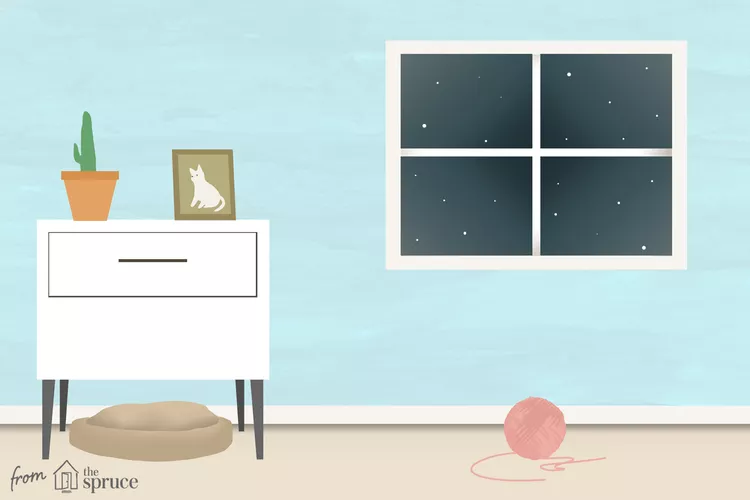
When facing the imminent death of a terminally ill beloved cat, or when a feline companion has suddenly died, the disposal of the remains is a hard topic to contemplate. However, planning ahead for the inevitable is important and helps avoid making hasty emotional decisions that you may regret later.
Many methods of animal remains disposal are governed by individual state or local laws, so part of planning in advance includes investigating laws in your location. For example, some counties prohibit the burial of pets in backyards or the scattering of pet cremains. A local animal shelter or veterinarian will be able to help navigate the legal landscape.
Cremation can be arranged through your veterinarian, pet cremation companies, or possibly through a local animal shelter. There are two methods:
When it comes to burying your pet, you may have the option of burying your cat at home or in a pet cemetery.
While not for everyone, some people may find immense comfort in having a permanent lifelike visual reminder of a cat they dearly loved in their home. The price for this service usually starts at around $1,000 and increases based on several factors. A veterinarian can help refer pet owners to professional taxidermists.
No matter how prepared, the loss of a pet can still come as a shock, and handling the practical aspects afterward can be emotionally exhausting. Considering a few common questions can help prepare owners for the stressful time that surrounds a cat's death.
Will someone come to my home and take away the animal's body?
A mobile veterinary clinic may be able to come to your home. Animal control services will also pick up deceased pets for a fee. Your pet's passing will not be considered an emergency, so at night, weekends, or holidays, they may not arrive until the next business day.
If there is a delay, what do I do with my cat's body?
Like humans, upon death, cats may expel fecal matter or urine. This is not a signal that they passed in pain; when they die, the internal organs and muscles loosen, releasing waste. It's fine to clean up your pet a bit after it has passed. Depending on how long you have to wait, you can wrap the body carefully in towels and place it in an appropriately sized box.
If you have to wait more than two hours, or in hot weather, wrap the remains thoroughly in plastic wrap, place it in a large plastic bag, tie it closed tightly, and place it in an ice chest with ice packed all around. These details are painful to think about, and even more painful to carry out. Remember that your cat's essence is no longer in its body. The careful, respectful handling of your beloved cat's remains will serve as a testament to your love.
When you have handled all the final details, the enormity of your loss may hit you immediately, or you may find yourself feeling numb and unable to cry. Grieving any loss is a long process, and you may never feel fully recovered. Through understanding and recognizing the progressive stages of grief, the day will come when you will be able to look back on your life together with love and smiles instead of tears.
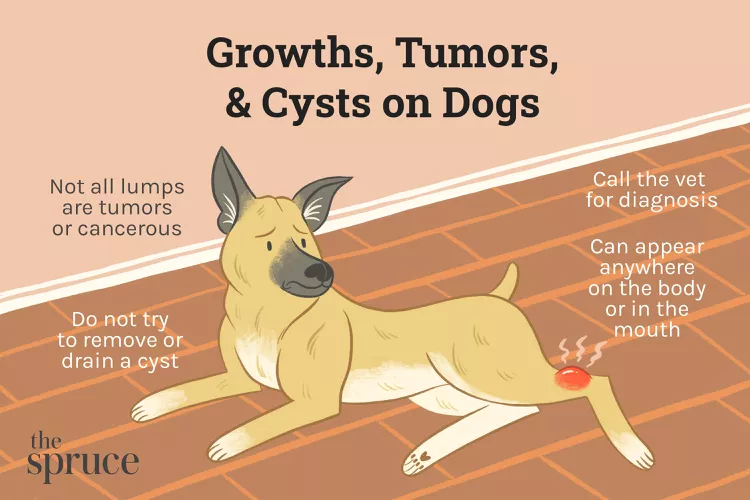
Tumors, Growths, and Cysts in Dogs
Tumors, lumps, growths, or cysts are commonly found on dogs. Learn the causes, treatments, and preventative measures.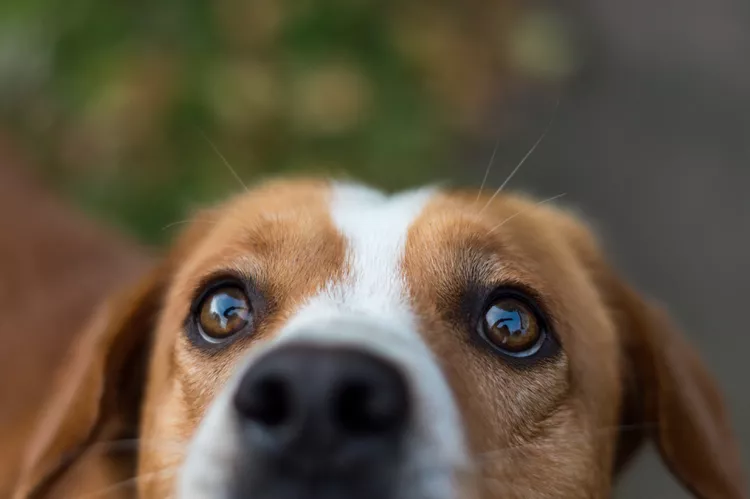
Eye Injuries and Infections in Dogs
Dogs can suffer eye injuries that range from mildly irritating to serious medical emergencies. Learn the causes, treatment, and prevention.
Vestibular Disease in Dogs
Vestibular disease affects a dog's balance and eye movements. Find out about the signs, causes, and treatment of vestibular disease in dogs.
Is Acetaminophen Safe for Dogs?
Acetaminophen is used by humans for pain and fever relief, but is it safe for dogs? Here's what you need to know before giving your dog acetaminophen.
Can Dogs Eat Zucchini? Everything to Know About This Hardy Summer Squash
Zucchini is a nutritious food that's safe for dogs to eat in moderation. This low-calorie, high-fiber vegetable can be incorporated as a healthy treat in a dog's balanced diet. Learn more about its health benefits, potential risks, and how to prepare it.
Can Dogs Eat Popcorn? What You Need to Know for Movie Night
Dogs can eat popcorn, but there are safety concerns. Find out how to safely feed your dog popcorn and what you should do if you're concerned.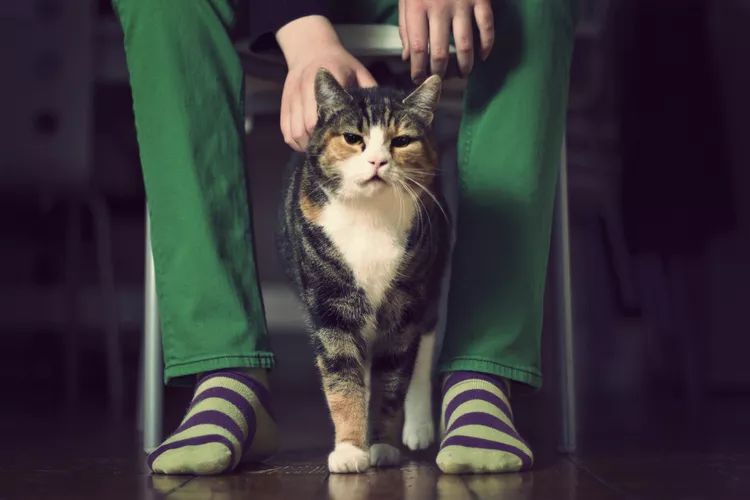
65 Irish Cat Names
Irish cat names can pay homage to historical places, local cuisine, famous Irish actors and musicians, or other wonderful aspects of the Emerald Isle.
46 Egyptian Cat Names
Whether inspired by notable Egyptian deities, locales, or pharaohs, Egyptian cat names can bring out the divinity of your noble feline companion.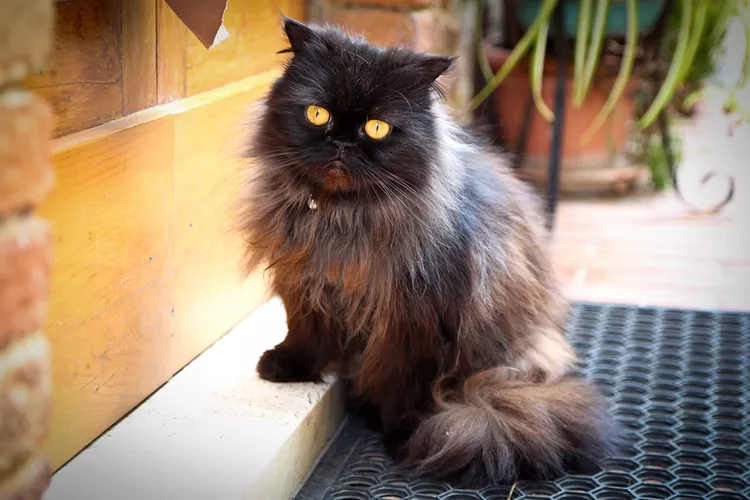
Are Ant Traps Safe for Cats?
Here's how to know if ant traps are safe for cats and how to keep yours free from harm if you have an ant problem.
The 6 Best Cat Nail Clippers of 2024 for a Safe Trim
Clipping your cat's nails can save your furniture and keep your kitty comfortable. We asked veterinarians for their cat nail clipper recommendations.
Is Neosporin Safe for Cats?
A brief summary of concerns a cat owner should be aware of before putting Neosporin on their cat, plus tips for things they can use at home instead.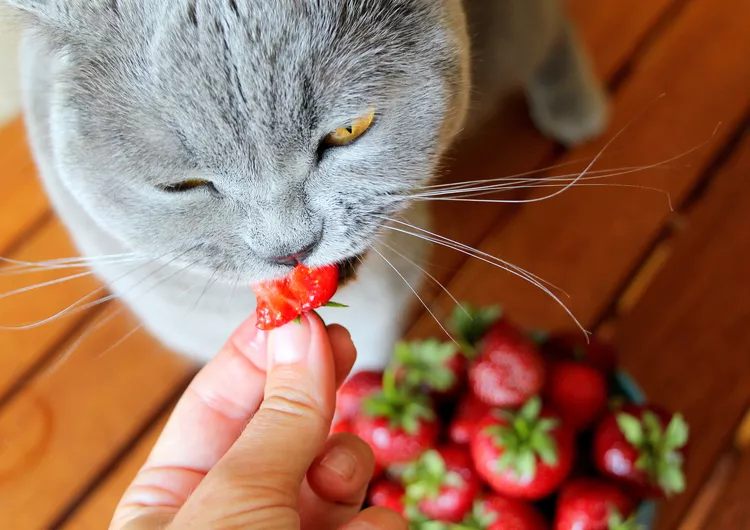
Can Cats Eat Strawberries? How to Safely Share This Summer Berry
Although cats are primarily meat eaters, strawberries may be an interesting and tasty snack for your feline friend. Find out the risks of feeding strawberries to cats and how to safely let your cat enjoy this fruit.
Cute Pictures & Facts About Calico Cats & Kittens
Learn fascinating facts about calico cats, including photos, the genetics behind this color combination, and common folklore and traditions.
12 Most Popular Cat Breeds for Feline Lovers
These 12 cat breeds, like the Siamese and Sphynx, are known for their unique appearances and personalities. Learn what makes them so popular.
Balinese: Cat Breed Profile, Characteristics & Care
The Balinese cat is playful, sociable, elegant, intelligent, and a touch on the vocal side. Learn about the Balinese, including appearance, temperament, health, and care needs.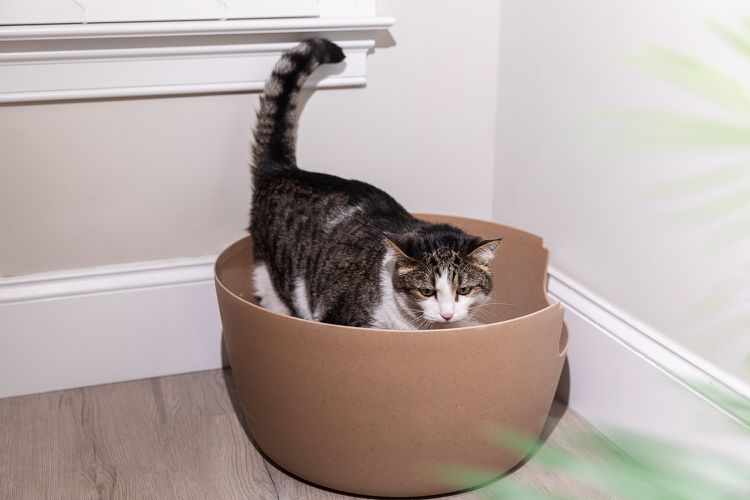
Why Cats Don't Always Cover Their Poop
Cats may not cover their poop for a few different reasons, including being territorial, sending a message to their owner, and not liking the litter.
Cavapoo: Dog Breed Characteristics & Care
The Cavapoo is a hybrid of the Cavalier King Charles spaniel and a toy or miniature poodle. Learn why these teddy-bear-looking dogs make the perfect addition to your family.
Why Dogs Eat Poop and How to Stop Them
Is your dog eating poop? Some dogs do this because of stress or illness. Learn how to prevent stool eating, or coprophagia, in dogs.
Can Dogs Get Depression? How to Help Your Sad Dog
Can dogs get depression? Learn about the signs of depression in dogs and find out how to help your sad dog.
4 Reasons Why Your Dog Licks Their Butt
Butt-licking in dogs can be a part of normal grooming, but excessive butt-licking is not normal. Read about the most common reasons for this behavior.